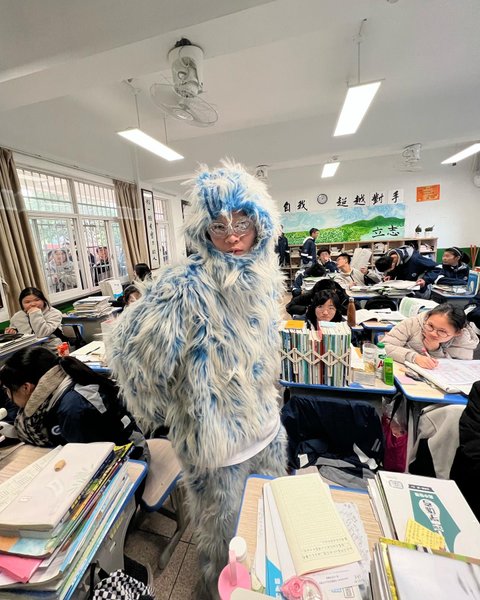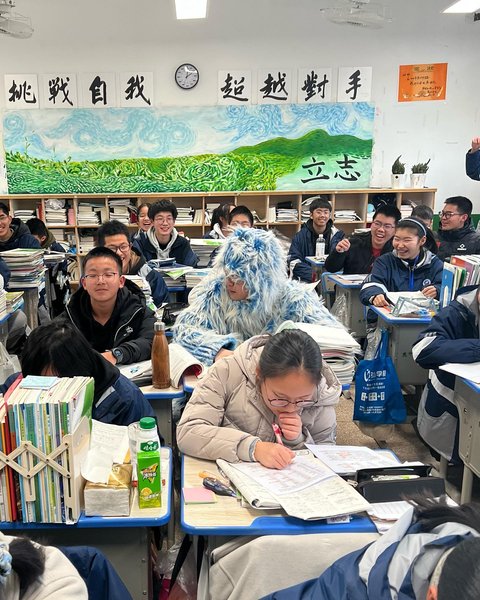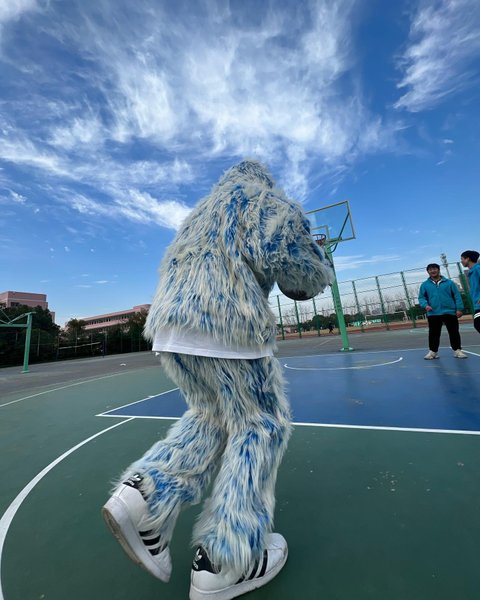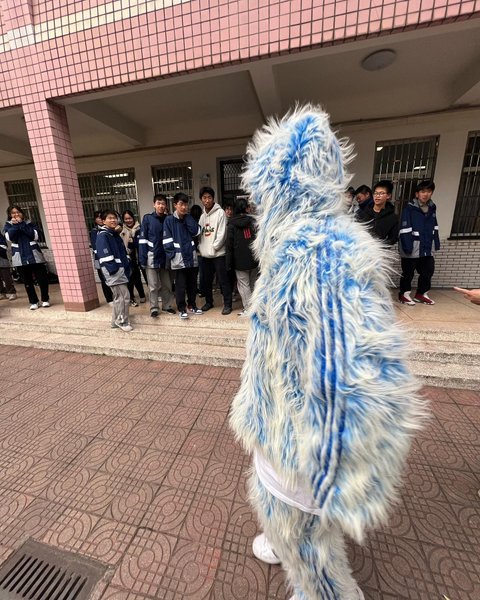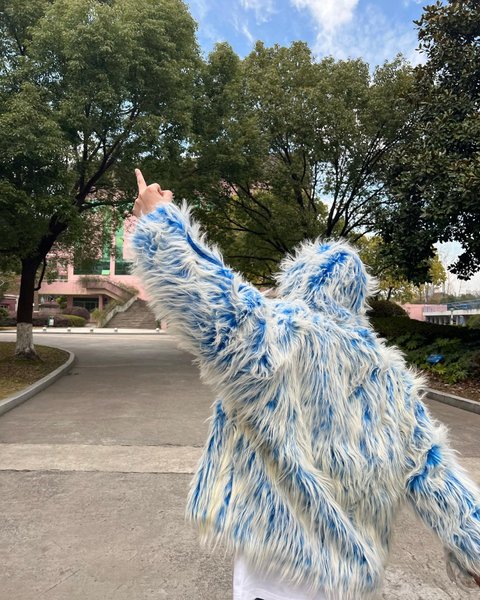Sublime
An inspiration engine for ideas
Letters radicals at “Socialism 2025” conference are giddily discussing the destruction of America.
This woman is a college professor.
https://t.co/KXnhIiAkmT
Marina Medvin 🇺🇸x.comMy socialist professor told me that if a landlord relies on my rent, then I’m providing the housing, not the other way around, so I went up to the front of the class and said, “if I pay tuition here, then I’m providing the education, not the other way around.” The professor, embarrassed, bowed and handed me his chalk as applause filled the... See more
wanyex.comIn January 1969, every middle school in Chengdu was sent to a rural area somewhere in Sichuan. We were to live in villages among the peasants and be “reeducated” by them. What exactly they were supposed to educate us in was not made specific, but Mao always maintained that people with some education were inferior to illiterate peasants, and needed
... See moreJung Chang • Wild Swans: Three Daughters of China
Anyone heard of Xiao Shan No.5 high school before??
instagram.com🧵 This guy @xueqinjiang’s classes from last year, predicting a US/Israel-Iran conflict, are doing the rounds, but I’ve been watching some of his other videos and I’m consistently surprised.
This is a high school class, at a prestigious high school in Beijing, many of whose students intend to go to university in the... See more
cascadian realism fan 🌲x.com
